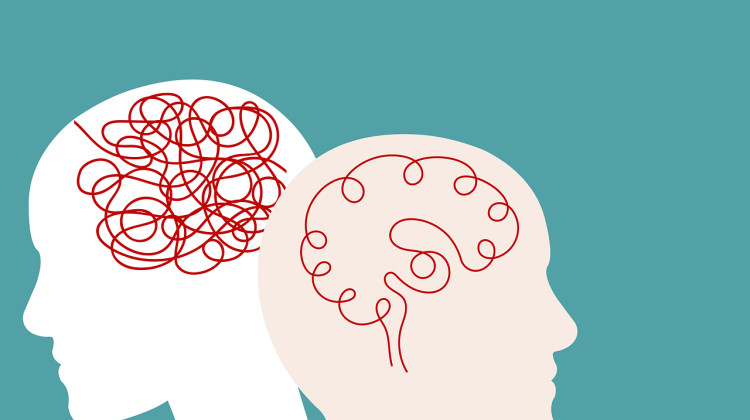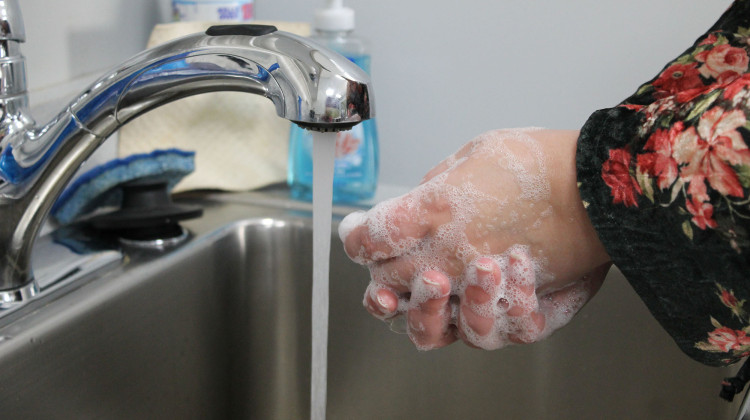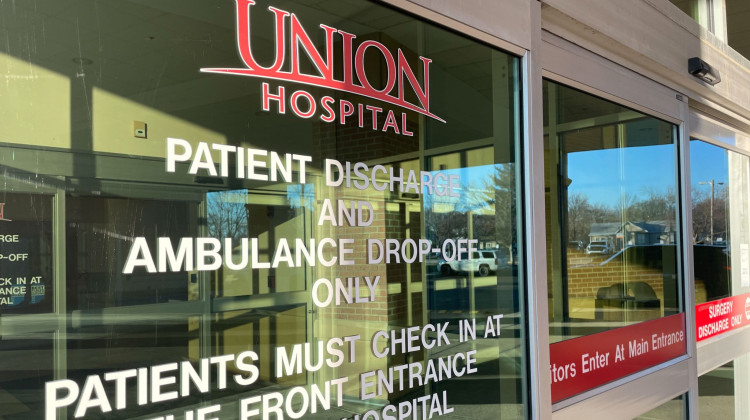American kids have a problem with obesity, according to the most recent studies. In fact, the closest thing we have to good news about childhood obesity is that kids are not gaining weight as rapidly as they were some years ago.
Researchers may have identified one surprising new factor in why kids are overeating.
Compared with kids who use cash in school cafeterias, kids who use debit cards seem to make more unhealthful eating choices, finds Brian Wansink, a behavioral economist at Cornell University.
"Kids are much, much, much more likely to take desserts and are much less likely to take fruits and vegetables" when they use their debit cards, says Wansink. "In contrast to that, in schools where kids are paying cash, kids not only buy a lot more fruit but they also buy a lot less dessert."
Not only did three times as many kids buy vegetables when they were paying with cash over debit cards, but they also ate 10 percent fewer calories.
Wansink and his colleague David Just monitored more than 2,300 students at 287 schools across the country in grades one through 12. The findings appear in the journal Obesity.
Using cash and credit cards is the same in terms of economics, but psychologically, they're very different things. When you're using a debit card or credit card, the financial consequences of your purchase are far off in the future.
That same sort of subconscious calculation, Wansink thinks, might be happening with the things you buy. Your attitude becomes, "What I put in my mouth doesn't actually matter, because those consequences are also far off in the future."
So what should schools concerned about childhood obesity do about this? Wansink believes the smart thing to do is to actually work with the bias instead of trying to fight it.
Once you understand how the bias works, why not make it work for you? His idea is for schools to say, "You can buy fruits and vegetables using a debit card, but if you want to buy desserts and candy, you have to pay cash."
In conducting another experiment along the same lines, Wansink found that making it a tiny bit harder to get cookies makes a big difference in whether kids actually pick up a cookie.
"When we put cookies behind the lunch line so that kids have to ask cafeteria workers to pass it to them, cookie sales dropped dramatically," he says. "In some cases [it was] as much as 50 percent, simply because a kid has to wait for 10 seconds to say, 'Can you please hand me a cookie?' "
The bottom line here is that it's hard to get through to kids when you tell them to worry about coronary heart disease in 40 years.
It's much more effective to say, "Hey, look, all your friends are sitting down and eating. They're already talking. Wouldn't you rather be sitting down with them instead of spending 10 boring seconds waiting for a cookie?"
9(MDEwMDc1MzM3MDEzNDczOTA0MDc1MzViMQ001))
 DONATE
DONATE








 Support WFYI. We can't do it without you.
Support WFYI. We can't do it without you.